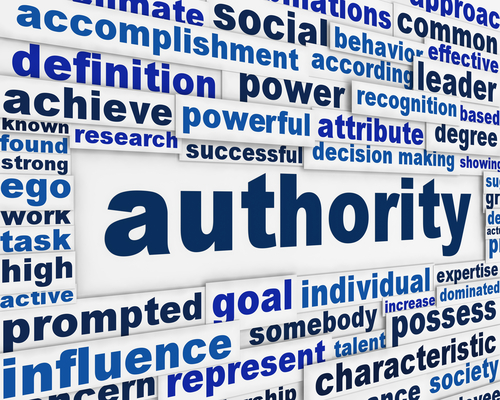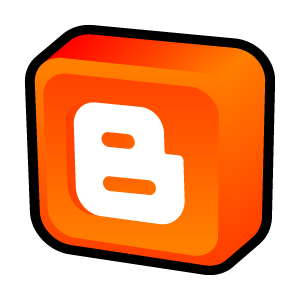MAIN OBJECTIVES (Librarian)
To instill the love for Librarianship as a worthwhile professional career. Change the stereotyped perception that people have about Librarians as being women who wear buns and spectacles, telling students to keep quiet and stamping books at the counter.
Raise awareness about Librarians as Information Specialists, Information Managers, Knowledge Managers, e-Resources Librarians, Research Librarians, Information Specialists, Information Managers, etc.
To safeguard libraries as valuable community spaces that advance community development (no libraries burning).
To promote the love for reading through marketing of reading and writing activities (book launches, reading clubs, debate clubs, reading competition, etc.)
To advocate for and promote libraries as the hub for accessing valuable information for general knowledge, education, development and recreation.
/
http://www.liasa-new.org.za/librarians-day/
WHAT IS WORKSHOP
A
training workshop is a type of
interactive training where participants carry out a number of training activities rather than passively listen to a
lecture or presentation. Broadly, two types of workshops exist: A general workshop is put on for a mixed audience, and a closed workshop
Jolles, Robert L (2005). How to Run Seminars and Workshops (3 ed.).
John Wiley & Sons. pp. 5, 12, 48, 155, 320. ISBN 978-0-471-71587-0. Retrieved 2014-11-23.
 https://www.google.co.za/search?q=workshop&biw=1264&bih=876&source=lnms&tbm=isch&sa=X&sqi=2&ved=0CAYQ_AUoAWoVChMIo9L5qKDnxwIVRrPbCh1i4wDW#imgrc=C8PLbom11M-c1M%3A
WHY WOULD YOU GIVE WORKSHOP
https://www.google.co.za/search?q=workshop&biw=1264&bih=876&source=lnms&tbm=isch&sa=X&sqi=2&ved=0CAYQ_AUoAWoVChMIo9L5qKDnxwIVRrPbCh1i4wDW#imgrc=C8PLbom11M-c1M%3A
WHY WOULD YOU GIVE WORKSHOP?
A workshop, as explained above, is valuable in certain circumstances. When do those circumstances arise, and when might you choose to conduct a workshop over other methods of education or training? There are a number of situations in which a workshop would be the best choice:
A workshop provides a way to create an intensive educational experience in a short amount of time, when the time for a more comprehensive effort may not be available. Participants may be working, they may be too far apart to gather together regularly, or may simply be unwilling to commit large amounts of time. A workshop can introduce a new concept, spurring participants to investigate it further on their own, or can demonstrate and encourage the practice of actual methods.
It's a great way to teach hands-on skills because it offers participants a chance to try out new methods and fail in a safe situation. Failure is often the best teacher, and failure in this instance doesn't carry a cost. At the same time, feedback, from both the presenter and peers in the group, helps a participant understand what she can do to avoid failure in a real situation.
A workshop is a way for someone to pass on to colleagues ideas and methods that he has developed or finds important. Teaching a graduate course may not be possible, but he may be able to reach large numbers of people by conducting workshops in various situations.
Especially for people who work together, a workshop can help to create a sense of community or common purpose among its participants.
http://ctb.ku.edu/en/table-of-contents/structure/training-and-technical-assistance/workshops/main
WHEN WOULD YOU WANT TO CONDUCT WORKSHOP?
A workshop, as explained above, is valuable in certain circumstances. When do those circumstances arise, and when might you choose to conduct a workshop over other methods of education or training? There are a number of situations in which a workshop would be the best choice:
- The beginning of something new.
- The initial training of staff or volunteers.
- The in-service or on-going training of staff or volunteers.
- Staff development.
- The demonstration of a new concept.
- The explanation of something to the public.
- The availability of a knowledgeable presenter.
http://ctb.ku.edu/en/table-of-contents/structure/training-and-technical-assistance/workshops/main
HOW DO YOU CONDUCT A WORKSHOP ?
Even if you've never done it before, you can conduct a good workshop by paying attention to all the phases of the process. There are three phases to conducting a workshop: planning, preparation, and implementation (actually doing it). In addition, once you're done, it's important to follow up with participants to get feedback on the workshop, so you can improve it the next time. We'll look at each of these phases separately.
Planning
Consider your topic.
Consider your audience.
http://ctb.ku.edu/en/table-of-contents/structure/training-and-technical-assistance/workshops/main





